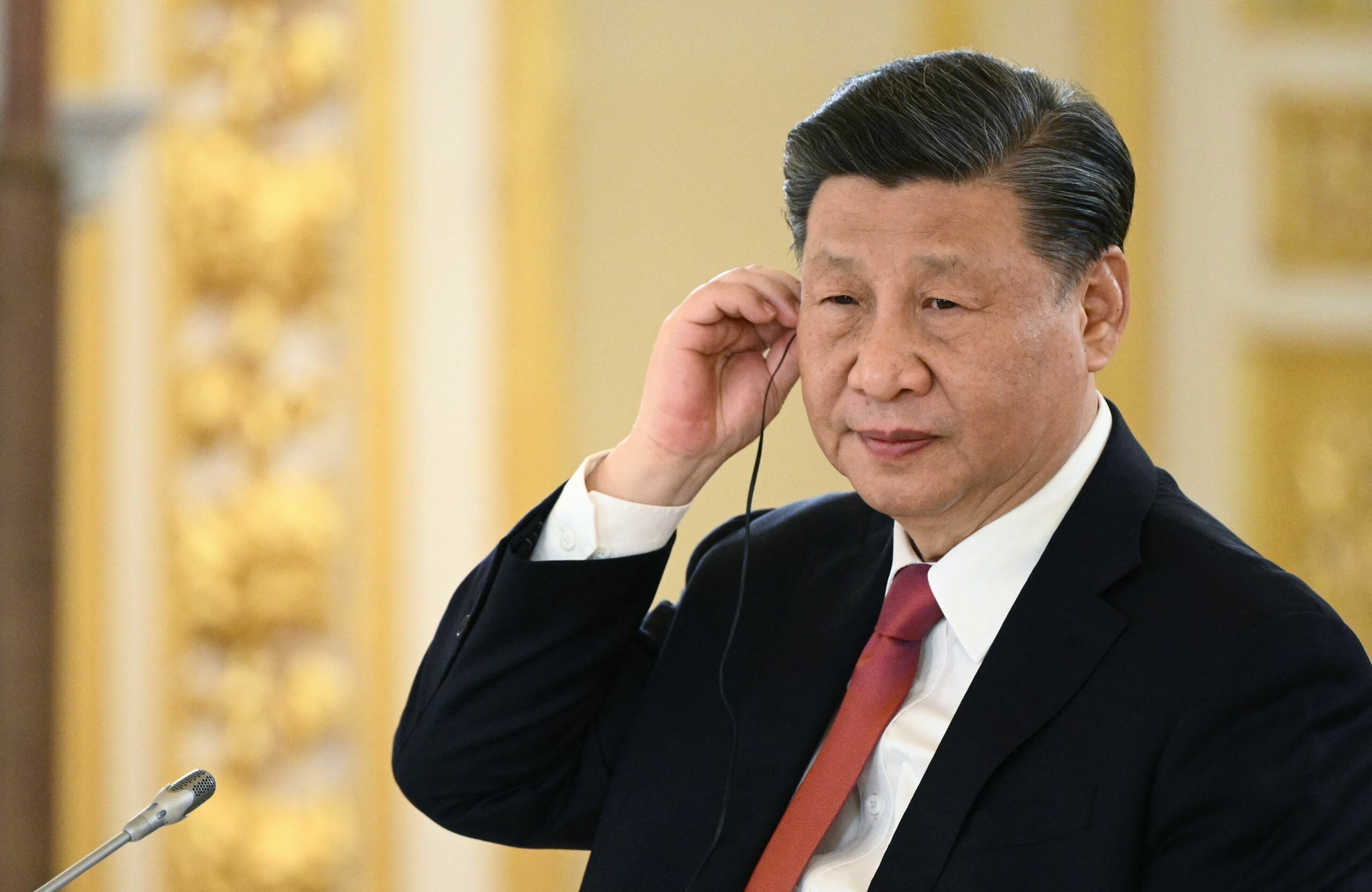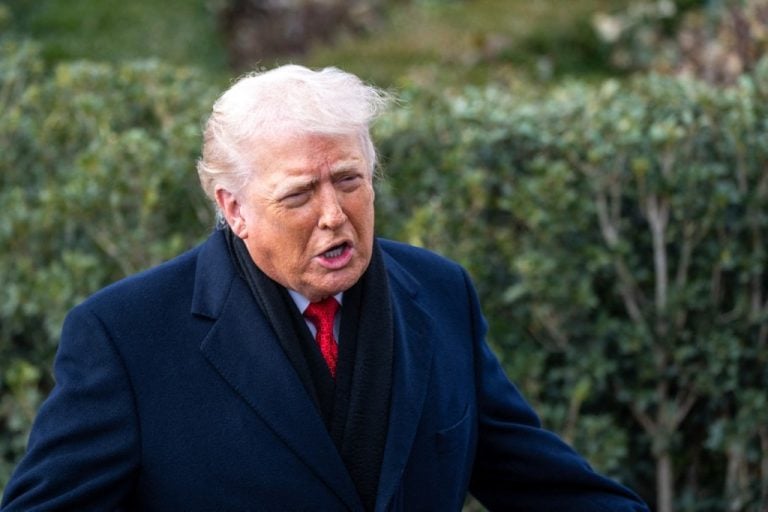China issued a sharp rebuke to the United States on Monday following the removal of a reference to Taiwan’s status from the State Department’s website. The Chinese government expressed its discontent, demanding that Washington “correct its mistakes” in light of its longstanding position regarding Taiwan.
The backdrop to this disagreement is rooted in China’s assertion that Taiwan is an integral part of its territory. Beijing has maintained that it will not rule out the use of force to achieve unification with the self-governing island. Despite the absence of formal diplomatic recognition for Taiwan, the United States acts as its primary security ally. However, the recent amendment on the State Department’s fact sheet omitted the phrase “We do not support Taiwan independence,” which has been a cornerstone of US policy.
Taipei reacted positively to the change, describing it as “positive and friendly.” Meanwhile, the American Institute in Taiwan, which functions as the de facto US embassy, characterized the modification as a “routine” adjustment. Nonetheless, the language surrounding US-Taiwan relations is highly delicate, leading to an immediate and angry reaction from Beijing.
A spokesperson for Beijing’s Taiwan Affairs Office, Zhu Fenglian, condemned the alteration on the US website, suggesting it sends “seriously wrong signals” to supporters of Taiwan independence. Zhu argued that such a move could jeopardize peace and stability in the Taiwan Strait. She urged the US to approach the situation with care and rectify what she labeled as erroneous actions regarding Taiwan.
Zhu reinforced the stance that no amount of collusion between Taiwan and the US could alter the fundamental reality that “there is only one China in the world and Taiwan is a part of it.” China’s increasing pressure on Taiwan has been notable in recent years, with Beijing wooing away Taiwan’s political allies and conducting extensive military exercises near the island.
The situation has been further complicated by the return of former President Donald Trump, who has disrupted the fragile diplomatic equilibrium. Under his leadership, Taiwanese officials have attempted to align with Trump’s transactional approach. This has included contentious suggestions from Trump, such as implying that Taiwan should compensate the US for its defense services or attributing challenges faced by the American semiconductor industry to Taiwan’s role.
The evolving dynamics of US-Taiwan relations continue to draw the ire of Beijing, illustrating the complexities and sensitivities that underpin this vital geopolitical issue in the Asia-Pacific region.







